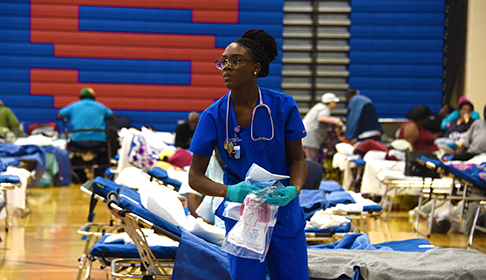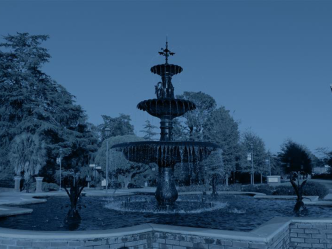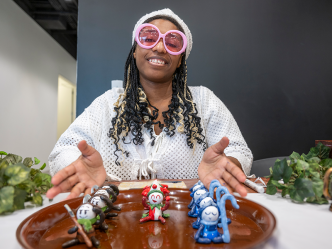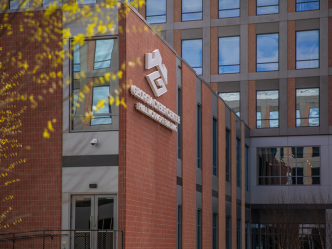When Hurricane Dorian bore down on Savannah last year, hundreds of evacuees poured into town and sought shelter at Augusta’s public schools.
At Westside High School, volunteers from Augusta University’s Medical Reserve Corps (AU MRC) were ready and waiting to care for those evacuees who needed assistance. Evacuees were met by faculty, students and staff ready to assist them with medication, hygiene items, bedding and counseling.
The effort is part of an agreement with Chatham County that Augusta-Richmond County will shelter evacuees, said John Ryan, coordinator with the office of Critical Event Preparedness and Response (CEPaR).
Augusta University is uniquely positioned to provide assistance to evacuees in such circumstances, and was granted federal designation as a Medical Reserve Corps (MRC) in 2017. The AU MRC is comprised of students, faculty, and staff ready and willing to assist in disaster situations, community service, and outreach and works in conjunction with Augusta-Richmond County’s relief efforts.
“The initial mission was really myopic — it was just for hurricane season,” said John Ryan. “What we’ve been trying to do in the ensuing three years or so was to take a broader scope to look and see what else this mechanism could be useful for. What else could we be doing that we could have an organized, trained, vetted cadre of volunteers that we can deploy?”
CEPaR began developing strike teams that are trained to perform specific missions. For example, the shelter staffing strike team trains to provide care during a hurricane, while the behavioral health strike team trains to address psychological issues people may be dealing with in the wake of a disaster.
Other strike teams include a communications and logistics strike team, which works with amateur radio in collaboration with students in the amateur radio club at AU, and a decontamination strike team that can assist with decontaminating patients in the event of a chemical spill.
Volunteers train on 11 core competencies designed to ensure personal and family readiness, safe behaviors and adherence to policies and procedures. Trainings are held monthly and address these competencies as well as specific needs within the mission of each strike team.
Anyone can join the MRC regardless of medical experience.
“It is for medical and non-medical volunteers to serve the community,” Ryan said.
Students who volunteer get the added benefit of hands-on clinical experience and in some cases, clinical credit.
“You can learn in simulation all day long, but what the MRC allows them to do is to see disaster medicine in action and to see it in the real world,” said Tina Baggott, associate vice president of volunteer services and community engagement.
Baggott’s office handles recruiting, screening and onboarding MRC volunteers.
“From my perspective, the MRC provides a critical service to the community in that our students, faculty and staff support our neighbors in the community during the time that they need it most, which is during a natural or community disaster. And while doing so, they are — especially our students — gaining valuable real-life and clinical experience in the field,” she said.
Learn more about the AU MRC on their website. Contact the Office of Volunteer Services and Community Engagement at 706-721-3596 to get involved.
 Augusta University
Augusta University




